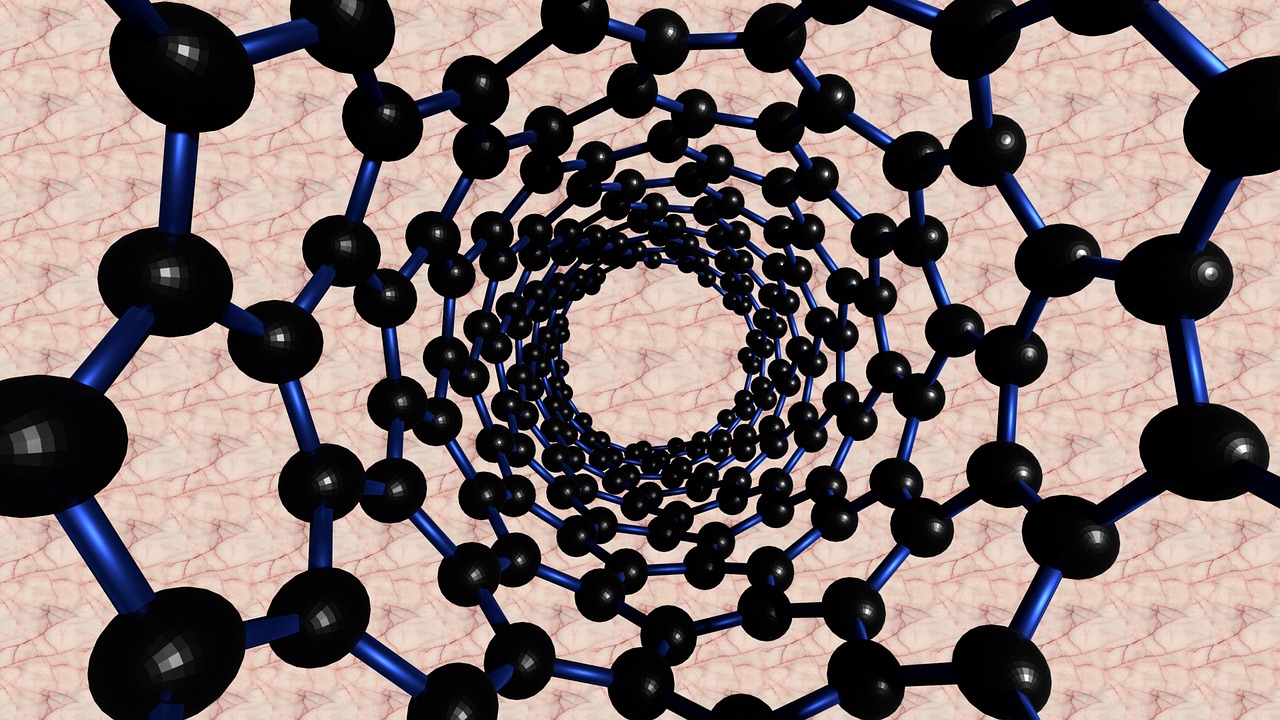Common Pains: Study Indicates Same Genes May Play A Role In Neuropathic And Chronic Widespread Pain

Neuropathic pain has much in common with chronic pain that may occur in several bodily areas. This may also include the responsible genes. There are…
Read more










